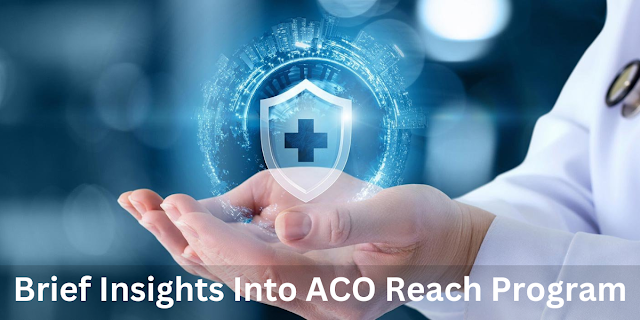3 Ways Healthcare Data Aggregation Platforms Are Making A Difference
The healthcare industry is witnessing a data revolution. With the rise of electronic health records (EHRs), wearable devices, and various healthcare IT systems, a massive amount of patient data is being generated.
Here's how healthcare data aggregation platform is making a significant difference:
Improved Care
Coordination and Patient Outcomes Through Data Aggregation in Healthcare
- Unified
Patient View
Healthcare Data Platform
gathers information from
disparate sources, like EHRs, labs, imaging results, and even patient-generated
health data from wearables. This creates a comprehensive patient profile,
enabling healthcare providers to have a holistic understanding of a patient's
health condition.
- Reduced
Readmissions
By providing a clearer
picture of a patient's medical history, healthcare professionals can make more
informed decisions, potentially reducing unnecessary readmissions and improving
overall care quality.
- Enhanced
Care Collaboration
These platforms facilitate seamless communication and information sharing between different healthcare providers involved in a patient's care, leading to more coordinated treatment plans and better outcomes.
Streamlined Operations and Cost Reduction
- Reduced Administrative Burden
Data aggregation
automates tasks like data collection and integration, freeing up healthcare
staff time and resources for patient care.
- Fraud Detection
These platforms can
analyze vast amounts of data to identify patterns and potentially fraudulent
claims, leading to cost savings for healthcare organizations.
- Improved
Resource Allocation
By providing insights into utilization trends and resource allocation, data aggregation platforms can help healthcare organizations optimize their operations and make informed decisions about resource allocation.
Advanced Analytics and
Research Opportunities
- Personalized
Medicine
By analyzing large
datasets, Health Data
Aggregation solutions can identify trends and patterns that may lead to
the development of more personalized treatment plans and preventative measures.
- Clinical
Research Acceleration
Researchers can leverage
aggregated healthcare data to conduct large-scale studies, analyze treatment
effectiveness, and develop new drugs and therapies more efficiently.
- Public
Health Insights
Aggregated data can be used to track disease outbreaks, monitor population health trends, and inform public health initiatives.
On An Ending Note
All in all, almost all kinds of healthcare data aggregation platforms are playing a transformative role in the healthcare industry. By unifying patient data, streamlining operations, and enabling advanced analytics, these advanced systems are paving the way for improved patient care, reduced costs, and a more data-driven approach to healthcare.
Where Can I Find The Best Healthcare Data Platform?
Reach out to Persivia - the only reliable source of
healthcare platforms of all kinds in the USA.



Comments
Post a Comment
Please do not enter any spam link in the comment box